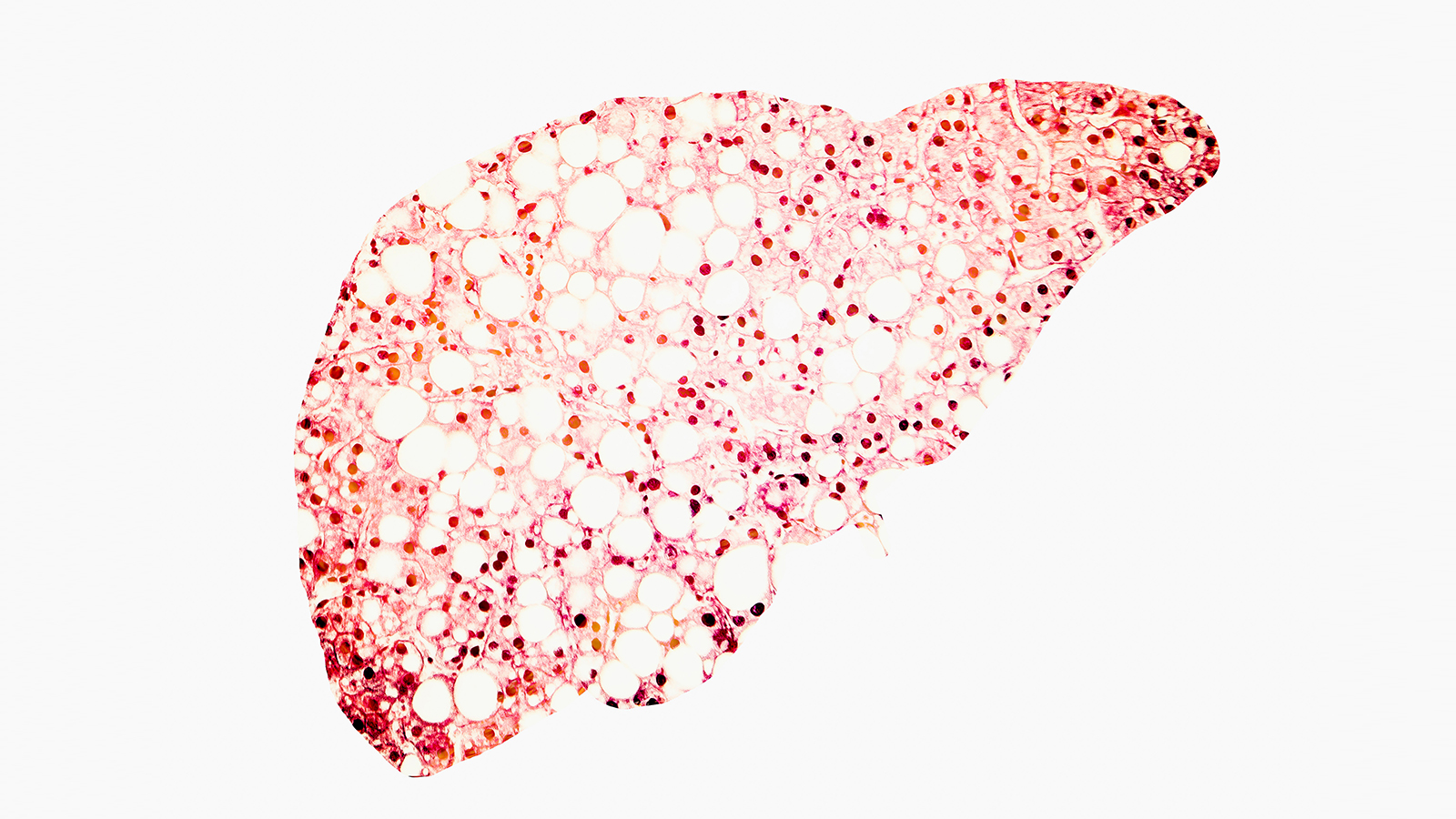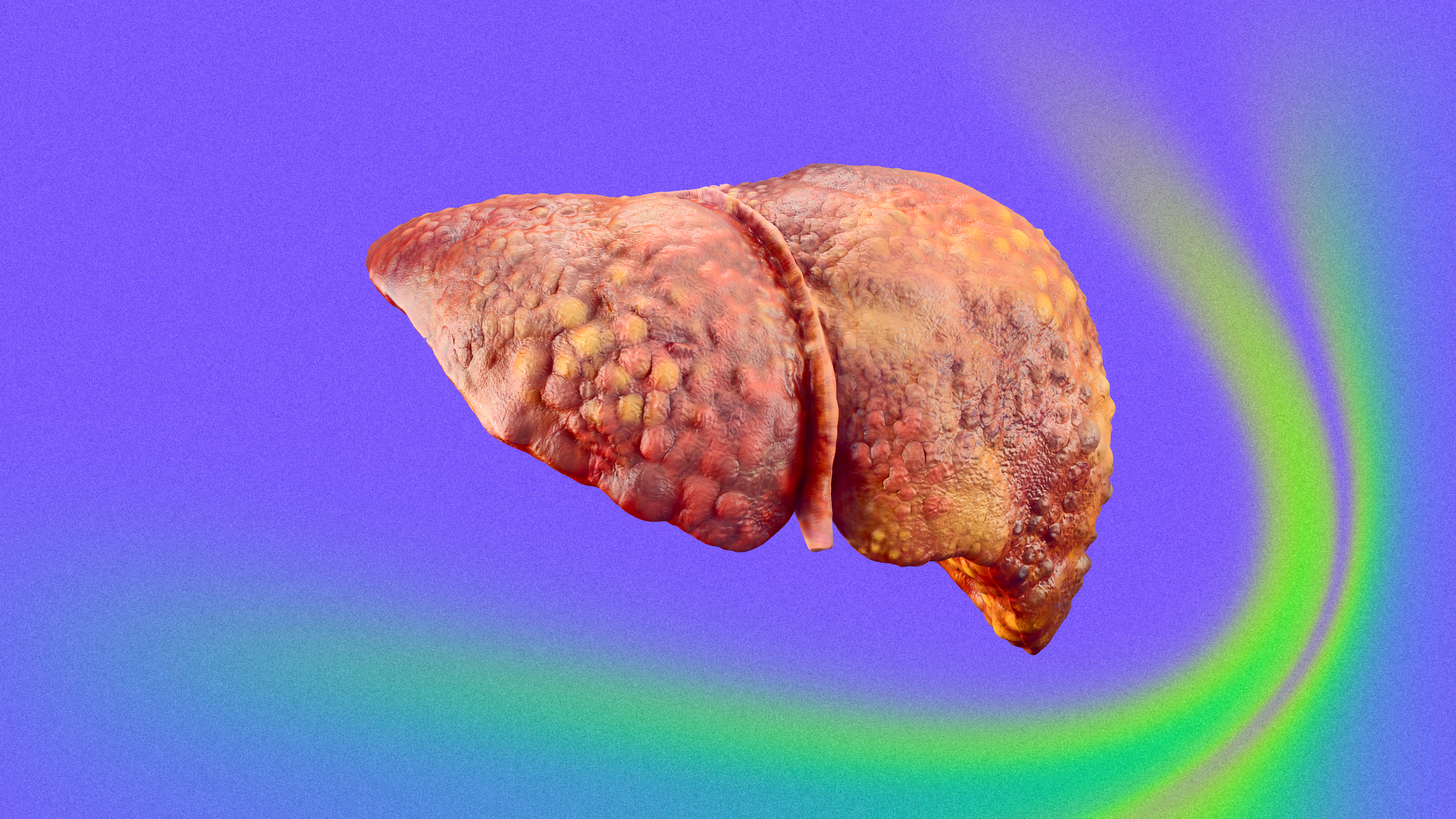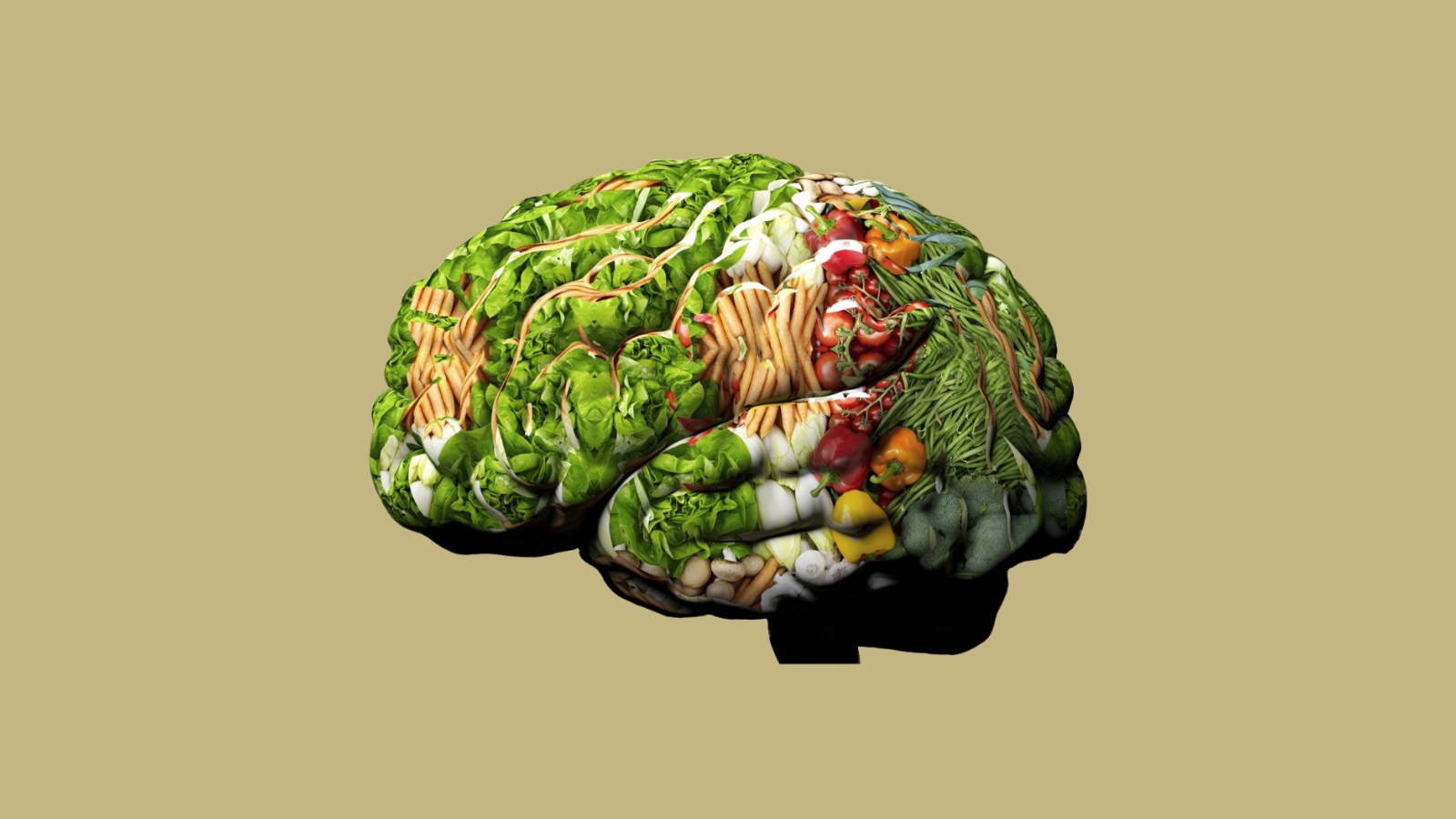The brain’s appetite control center is larger in obese people

- Being overweight or obese is associated with changes in brain structure.
- New research shows that it is also associated with an increase in the volume of the brain’s appetite control center.
- This may be due to inflammation, which disturbs the ability to regulate appetite.
Obesity is known to increase the risk of developing dementia. Exactly why is unclear, but research published over the past few years shows that being overweight or obese is associated with reduced gray matter volume throughout the brain, and this may contribute to cognitive decline.
Now, a new study shows that the volume of the hypothalamus — a brain region that controls appetite and satiety, among many other bodily functions — is significantly increased in people who are overweight or obese. The findings, published in the journal NeuroImage: Clinical, are in line with evidence from animal studies linking inflammation of the hypothalamus to a high-fat diet, but they do not determine whether the observed changes are a cause or an effect of obesity.
The hypothalamus connection
Regulating everything from body temperature and blood pressure to sex drive and sleep, the hypothalamus is a small structure located deep inside the brain. Our understanding of its role in regulating appetite comes from animal studies showing that distinct hypothalamic nuclei (that is, clusters of neurons) produce hormones that promote and suppress appetite. Together, these nuclei form a neural network that controls food intake and energy expenditure.
The human hypothalamus is difficult to visualize because of its small size. Stephanie Brown of the University of Cambridge and her colleagues used a machine learning algorithm to examine the structural magnetic resonance imaging (MRI) scans of 1,351 young adults with body mass indices (BMIs) ranging from underweight to obese. They found that BMI was closely related to the volume of the hypothalamus, with the overall volume of the structure being significantly larger in the overweight and obese participants. These differences were most apparent in those regions known to regulate appetite and satiety.
It is not clear if the observed structural changes are a cause or a consequence of being overweight or obese. The researchers say that this could be determined in the future with longitudinal studies that measure hypothalamic volume over time.
Is inflammation to blame?
The results are, however, consistent with previous findings in animal models of obesity that show that consumption of a high-fat diet is associated with inflammation of the areas of the hypothalamus involved in energy homeostasis. These models suggest that inflammation occurs before weight gain, by means of a complex signaling process that increases expression of inflammatory cytokines in the hypothalamus.
“If what we see in mice is the case in people, then eating a high-fat diet could trigger inflammation of our appetite control center,” says Brown. “Over time, this would change our ability to tell when we’ve eaten enough and how our body processes blood sugar, leading us to put on weight.”





